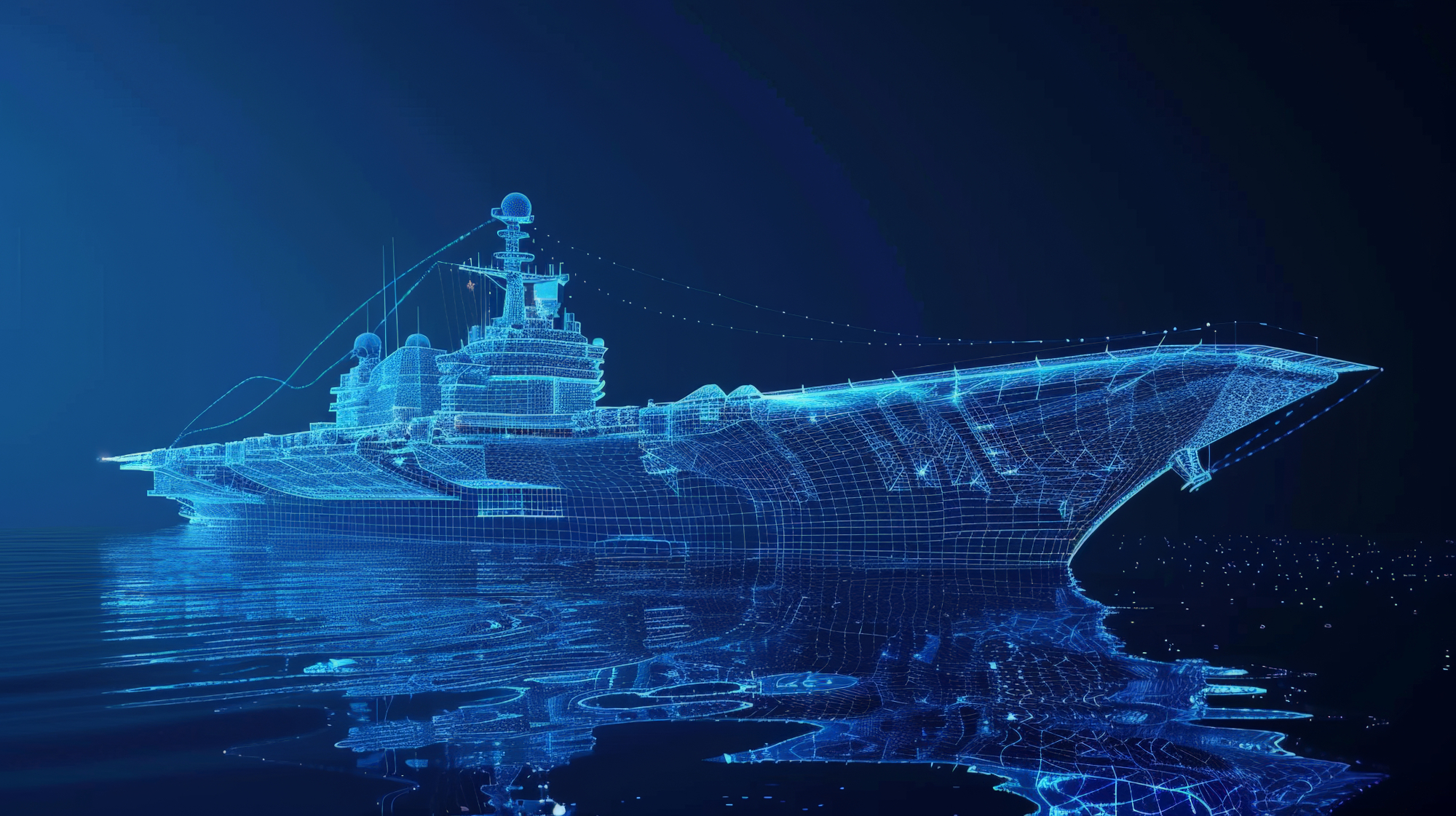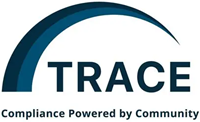
Walk through any boardroom in global shipping and one phrase lingers in the air, quietly omnipresent:
“We’ve always done it this way.”
It may not appear in minutes or PowerPoints.
But it’s embedded in procurement habits, voyage routines, reporting formats, and system selection processes.
It’s the unchallenged refrain of tradition, and the most seductive obstacle to progress.
But here’s the uncomfortable truth:
In today’s maritime world, “we’ve always done it this way” is not just unambitious.
It’s actively dangerous.
It’s easy to understand why legacy thinking persists.
Shipping is an industry built on resilience.
It prizes continuity. It distrusts hype. It has been rewarded, historically, for caution.
But in an era where margin pressures are relentless, carbon regulations are rewriting the rules, and digital transparency is the baseline expectation… convention offers no shelter.
The cost of doing nothing is no longer nothing.
Digitisation, despite its overuse, is not the issue.
The real question is whether a company is willing to see itself honestly.
Can it admit that its current systems are shaped more by historical accidents than deliberate design?
Can it accept that operational clarity isn’t a luxury, but a requirement for competitiveness?
Can it make decisions based on where the industry is going, not where it was ten years ago?
The software alone won’t deliver that shift.
It’s a matter of will.
Accountability Demands Systems, Not Heroics
Shipping still leans heavily on the talent of individuals.
The experienced operator.
The fixer in the port agency.
The commercial lead who “knows how it works.”
But when knowledge is trapped in heads instead of shared in systems, risk scales faster than revenue.
What’s needed now are tools that:
That requires a mindset shift, from process-based survival to product-based accountability.
At Mizzen, we weren’t built to disrupt for disruption’s sake.
We exist because the quiet, chronic inefficiencies in voyage management are costing this industry millions.
We believe that:
And we know from direct experience, that the companies willing to question “the way it’s always been done” are the ones outpacing their peers.
Not by luck.
But by design.
Tradition has its place. But progress requires permission.
If your systems exist today largely because they existed yesterday, it may be time to ask a harder question:
Are we building a future or preserving a habit?
Because in shipping, as in every global business, the difference between relevance and redundancy often comes down to who dared to say:
“We won’t do it this way anymore.”
Ready to simplify operations, boost efficiency and future-proof your maritime business? Let’s chart the course together.






